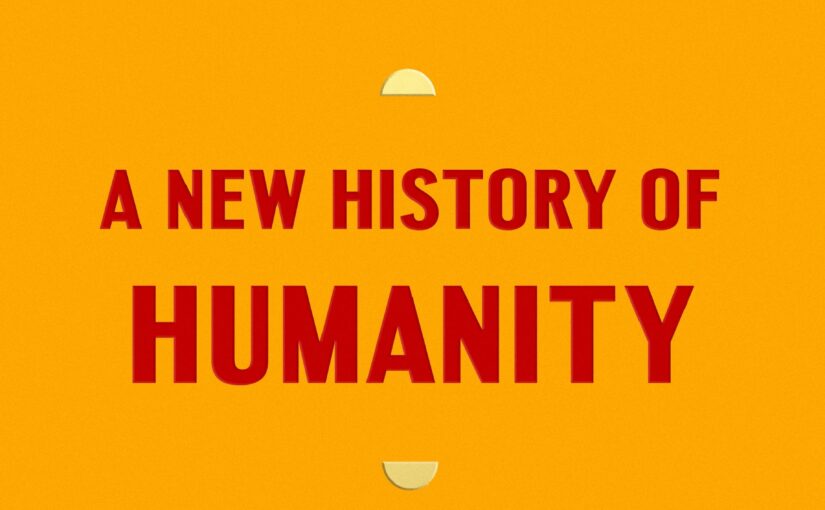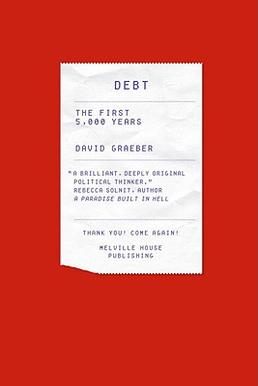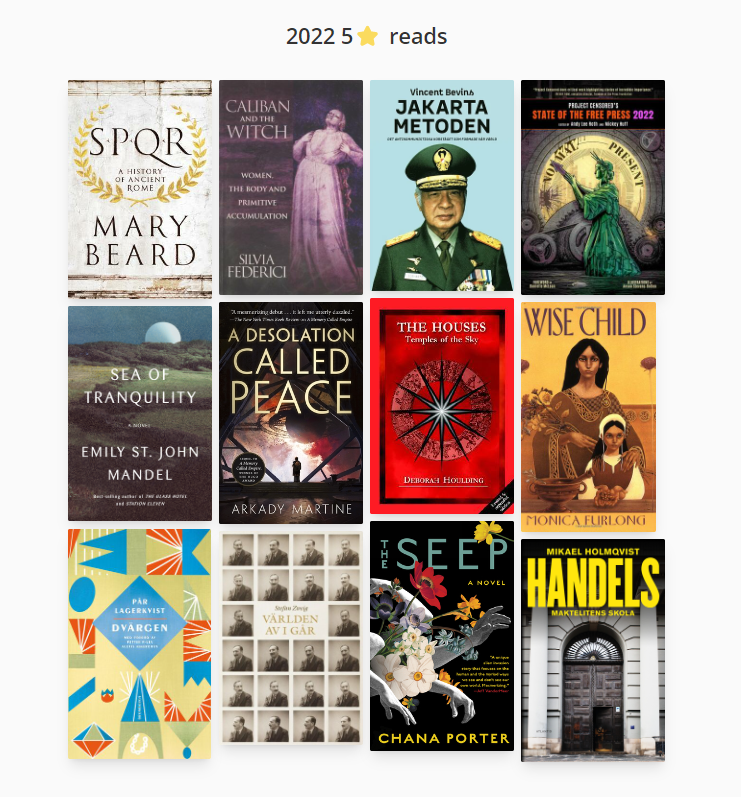What a doorstopper!
The reason I meticulously note (almost)* everything I read here is so that I remember reading it. I don’t know enough about the brain to know if writing about things really helps it transfer over to long-term memory, but I’ve already had the experience of completely forgetting something I said or did until I re-read a journal entry about it, so I assume the same holds true for books.
All of that to say, I don’t think I’m capable of doing The Dawn of Everything justice here. In a nutshell, David Graeber and David Wengrow look at archeological and anthropological evidence to (in their own words) “ask better questions.” The paradigm that they’re trying to upend is actually quite similar to the one that Stephen Jay Gould also sought to demolish in Full House:
The argument Gould makes in Full House is basically one against the teleological framework of evolution: that things evolve for some higher purpose, or more specifically deliberately towards complexity; that complexity is somehow the best, most special, or most desirable form of life.
(quoting my own summary there)
But instead of deconstructing a teleology with complexity as the end goal, here Graeber and Wengrow are deconstructing a teleology with agriculture and the state as an end goal; that agricultural was an instant revolution that inevitably led to an apparatus we currently call “the state,” and that the world we are living in now is more or less the inevitable end state of things. They also occasionally take the time to dunk on Yuval Noah Harari’s Sapiens and Jared Diamond’s Guns, Germs and Steel.
The whole book is something like 400, 500 pages to argue against this conclusion, and frankly I don’t have the recall or the comprehension to reconstruct it here. Like David Graeber’s Debt, I’ll have to read this one multiple times to really be able to confidently explain its premise. What I can say after one read-through is that they believe the archeological evidence points towards a history of mankind that experimented with flexible and novel arrangements of power that, even on a large scale, preserved what they call the three basic freedoms: the freedom to make promises, the freedom to disobey orders, and freedom of movement (the freedom to leave a place if the situation becomes too onerous).
There’s a lot of non-fiction that I read because I have weird niche interests, or because I ran across it at the library and it seemed interesting. There’s also non-fiction that I tackle because I want to better understand the world I live in, and The Dawn of Everything falls squarely in that category. More than that, there’s a category of non-fiction that I wish were required reading so we could start building consensus reality again and so we could maybe learn something from history. The Dawn of Everything is one of those books.
*Some are so niche and special interest that I don’t really see the point in including them here in my public record of reading. My commonplace book, as it were.



